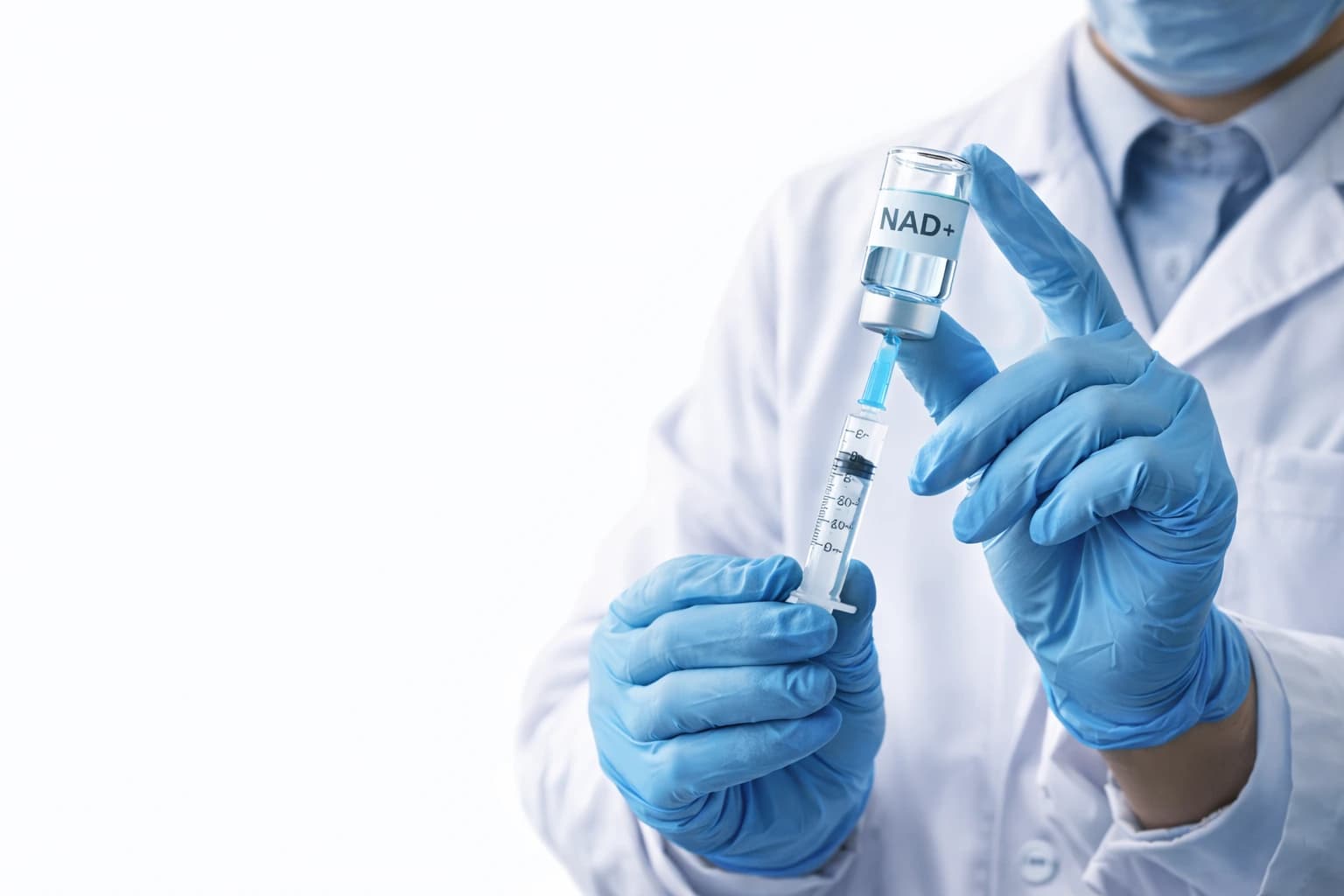How Much Vitamin B12 Per Day? (Adults)
For most adults, the Recommended Dietary Allowance (RDA) is 2.4 micrograms (mcg) per day (2.6 mcg if pregnant; 2.8 mcg if lactating). The RDA meets the needs of nearly all healthy people and assumes typical absorption from food. If you cannot absorb B12 well due to pernicious anemia or gastrointestinal surgery, you may need higher oral doses or prescription therapy (see cyanocobalamin injection).
Vitamin B12 Dosage for Adults Over 50
Older adults often absorb less B12 from food because intrinsic‑factor–dependent absorption declines. Many will meet needs with fortified foods or a standard supplement that provides at least the RDA, but some need more to maintain normal levels. For who is at higher risk and when to test, see Yale Medicine’s overview.
Is It OK to Take 1,000 mcg of B12 a Day?
High‑dose oral B12 is used when absorption is impaired because a small passive fraction is absorbed even without intrinsic factor. The NIH fact sheet for health professionals notes that absorption drops sharply once intrinsic‑factor capacity is exceeded (about 1–2% of large doses). Clinical Q&A from UCLA Health indicates that large supplemental doses are generally considered safe for most people, though persistent unexplained high blood levels warrant evaluation (see Testing & Normal Levels).
Is 5,000–10,000 mcg of Vitamin B12 Too Much?
There is no established Tolerable Upper Intake Level (UL) for B12 due to low toxicity, but more is not automatically better. Studies show that markedly elevated plasma B12 can be a marker of underlying illness, and persistent high B12 has been linked with short‑term cancer detection and mortality in cohorts—likely reflecting reverse causation rather than harm from typical supplements. If your serum B12 is very high without supplementation, ask your clinician about evaluation.




